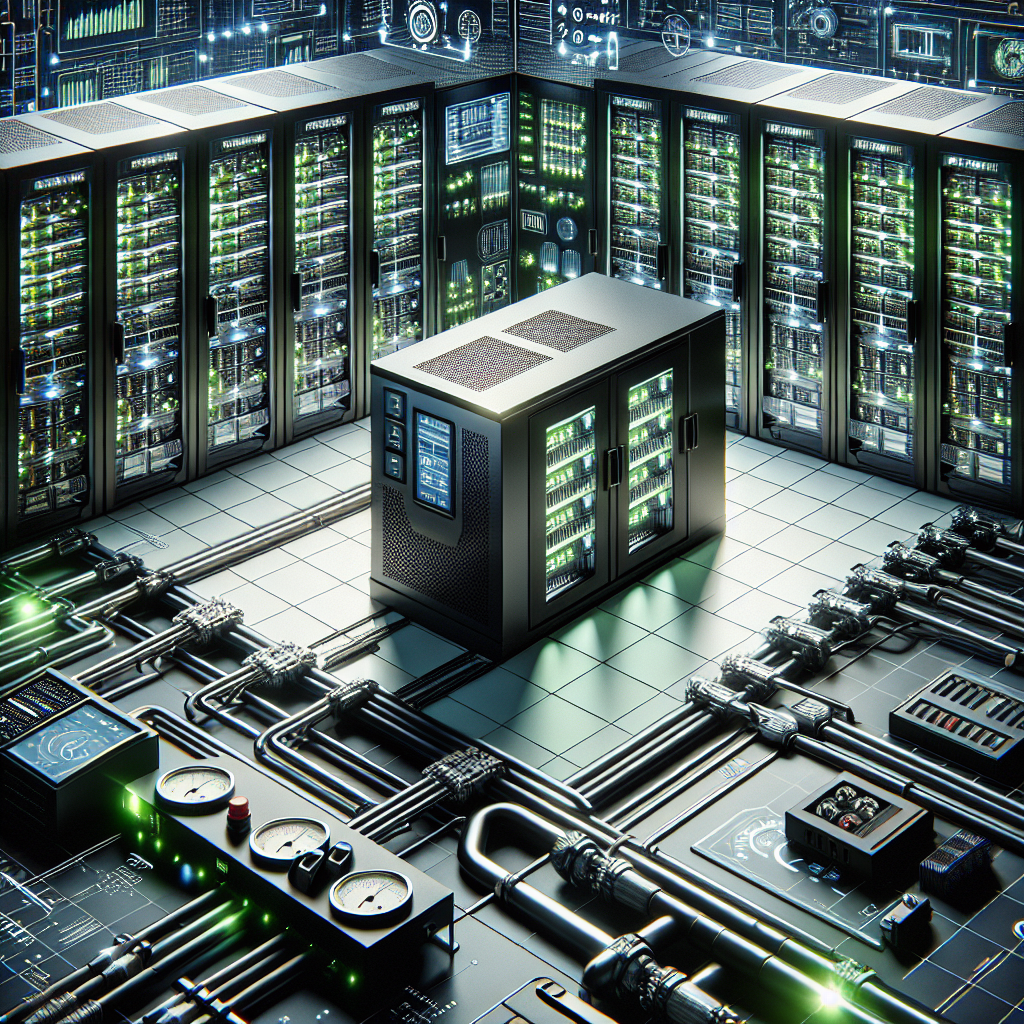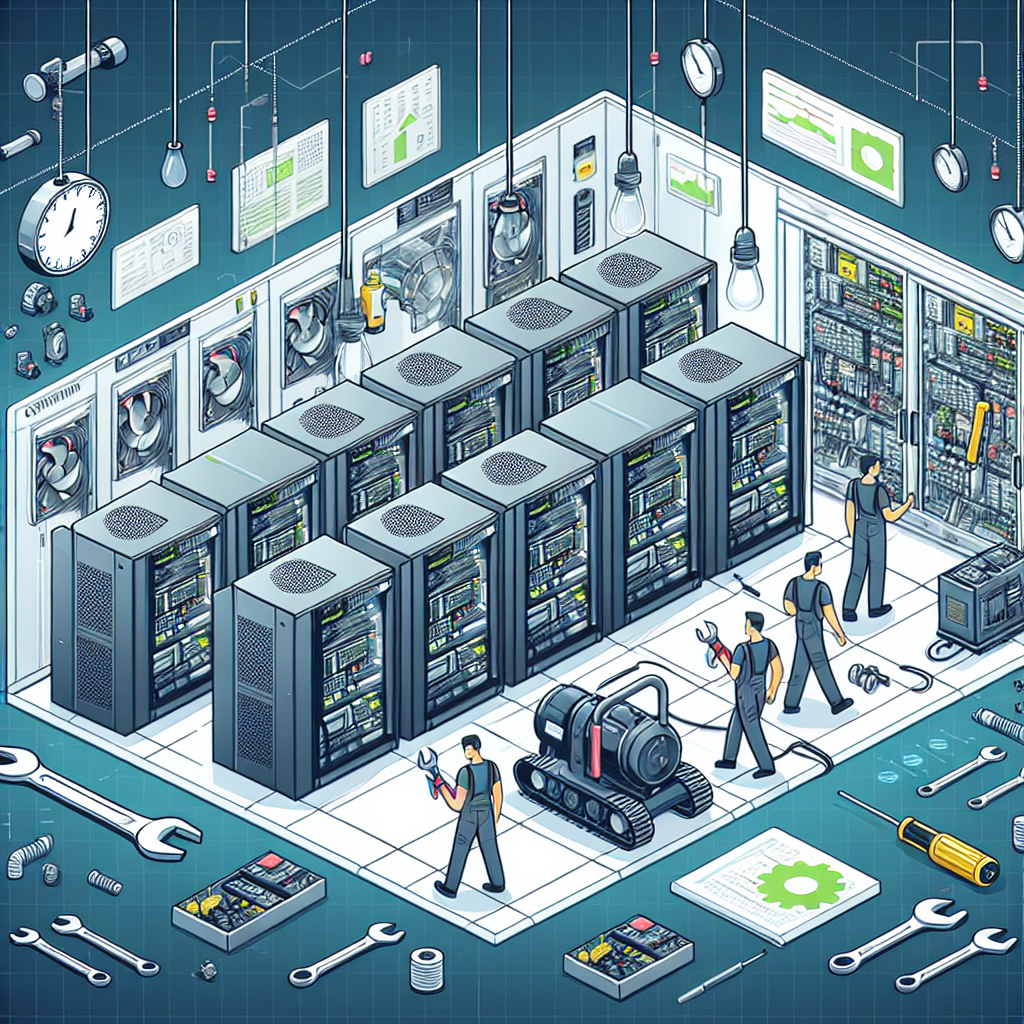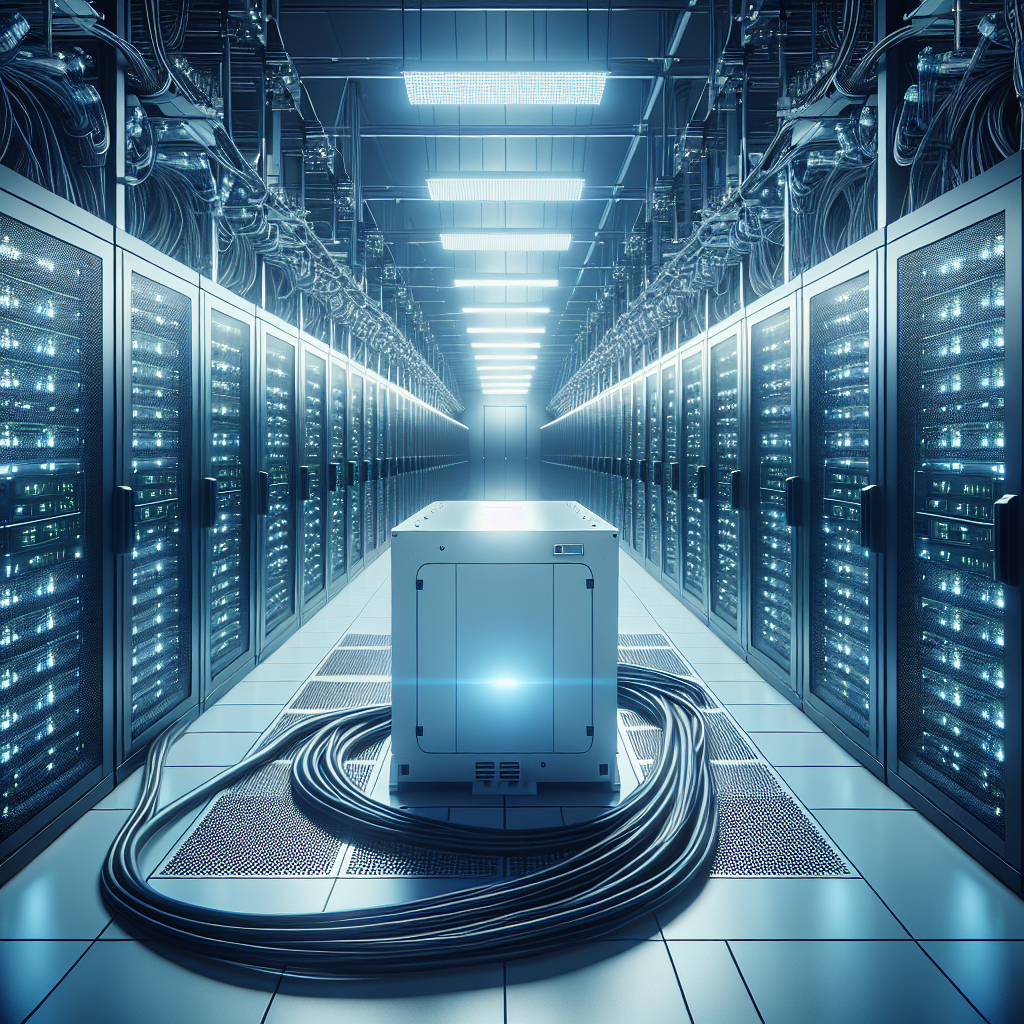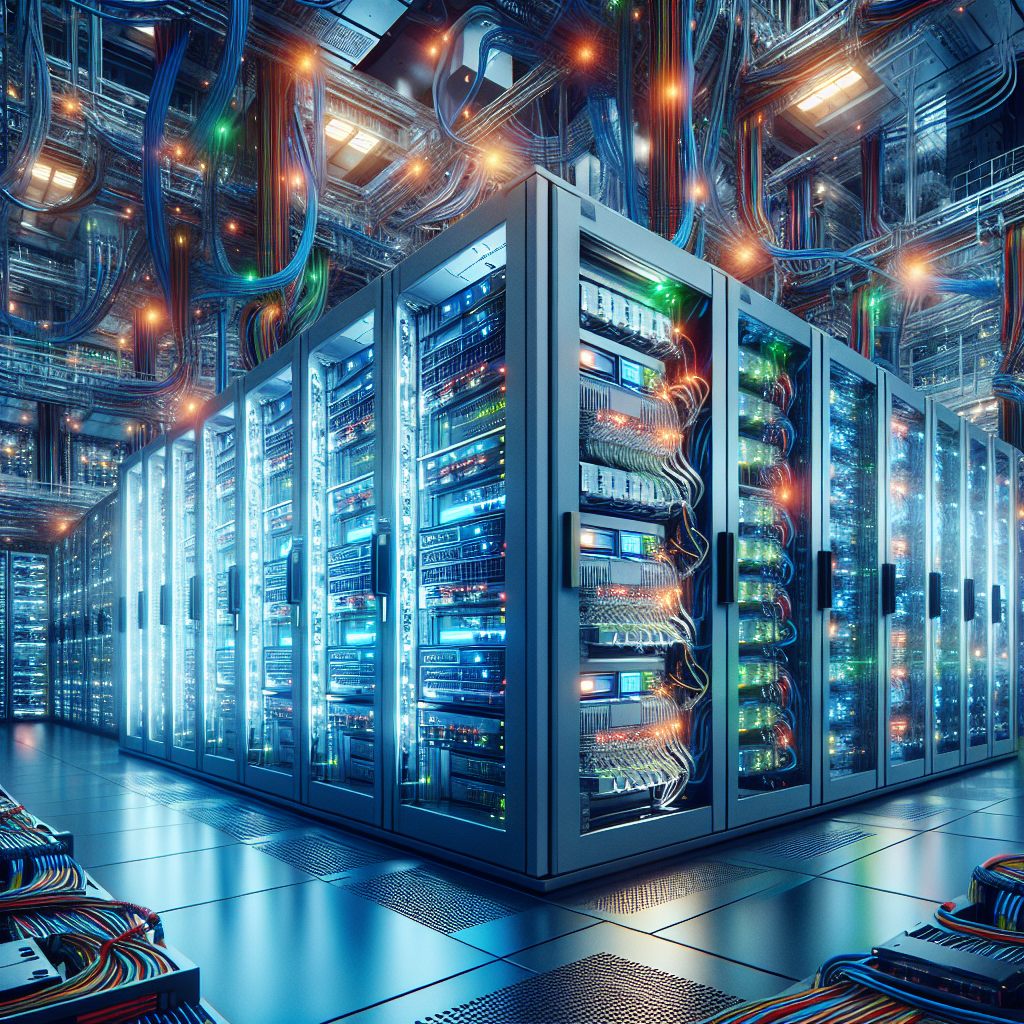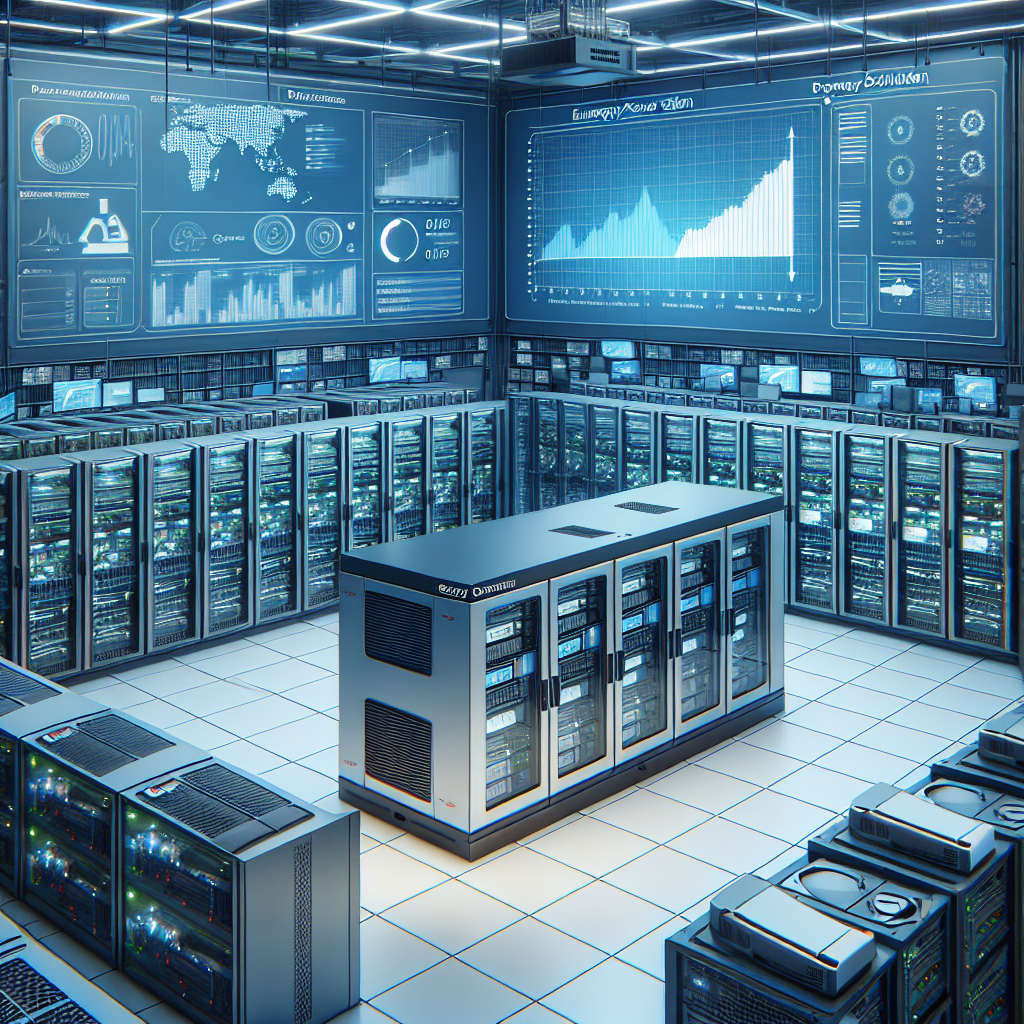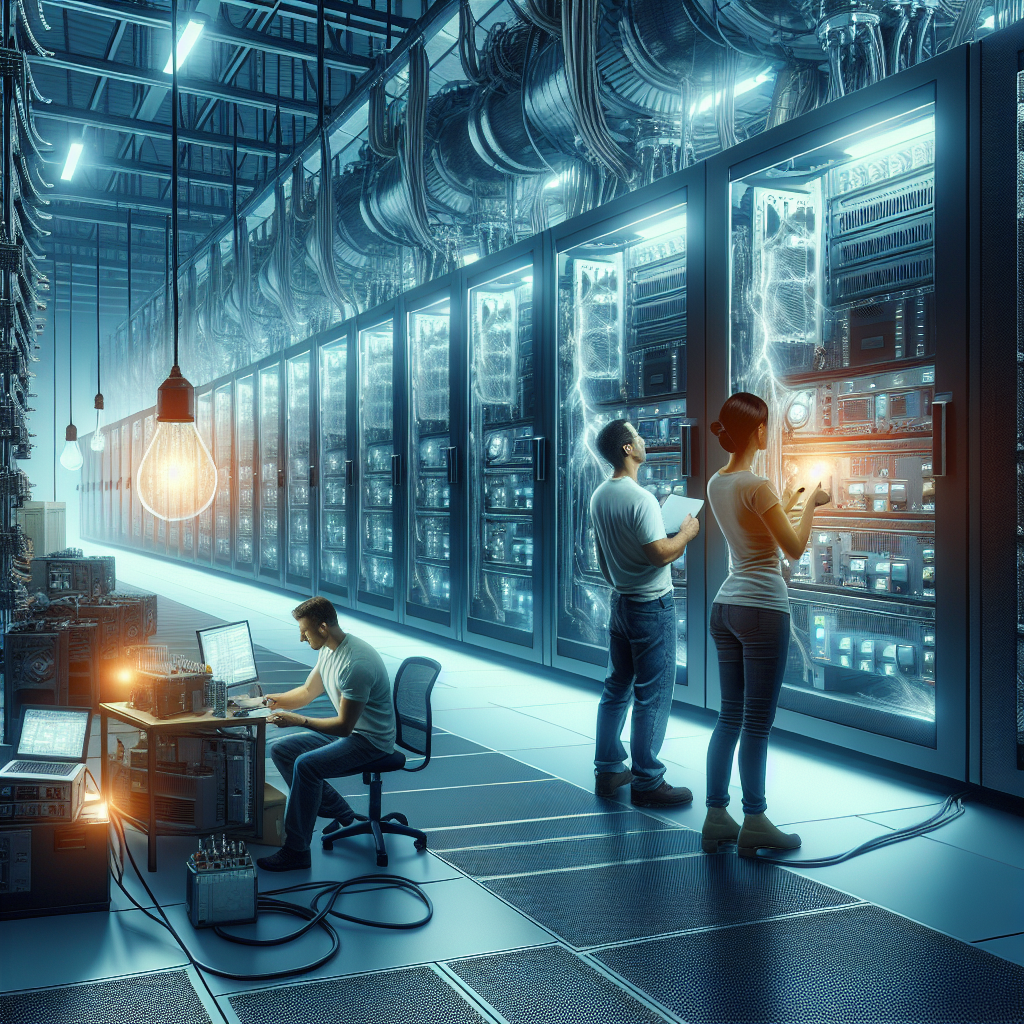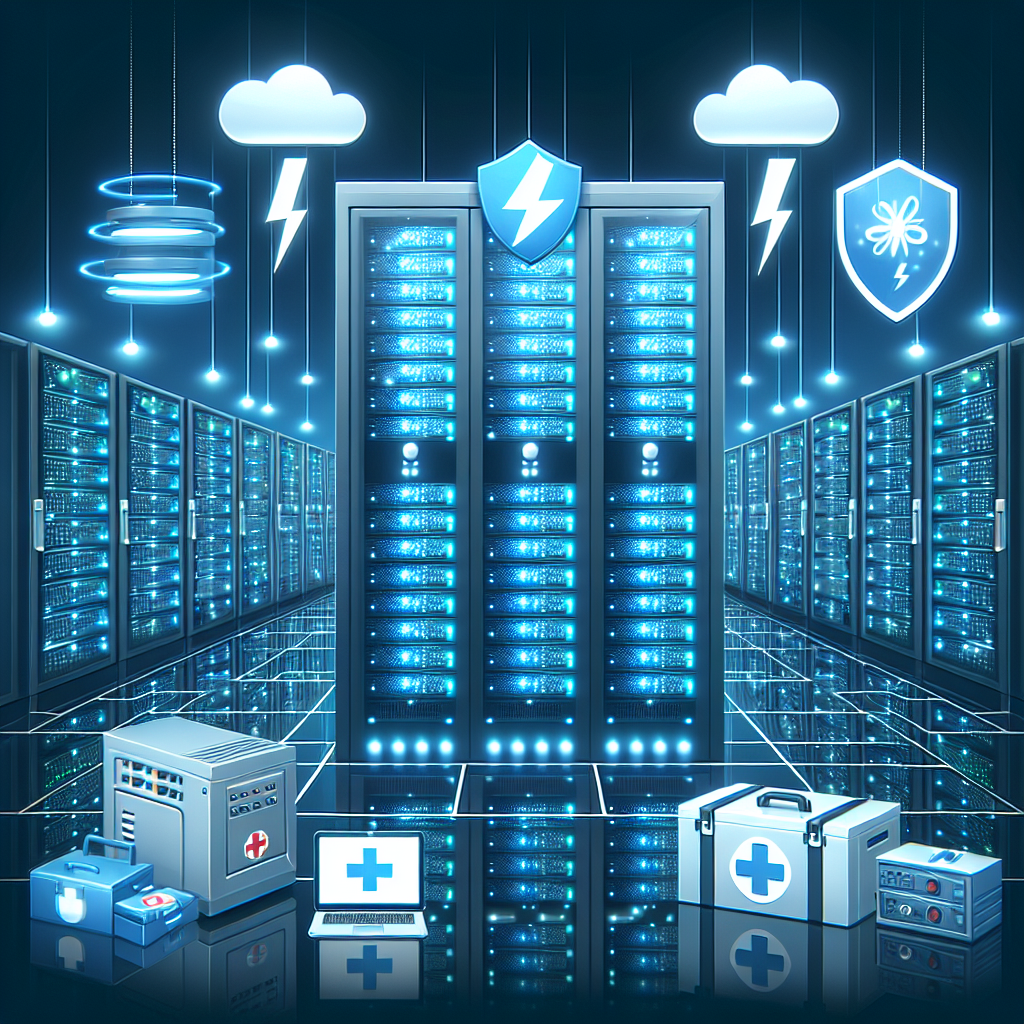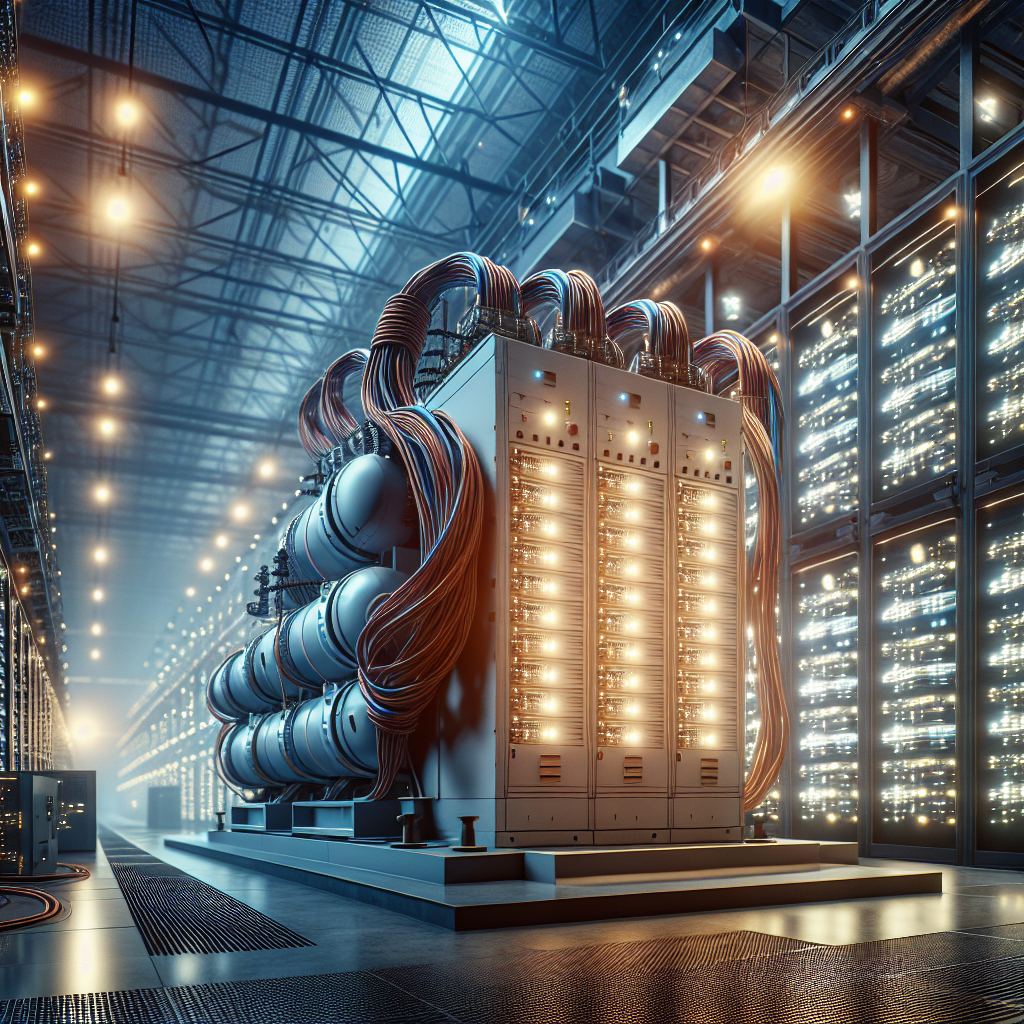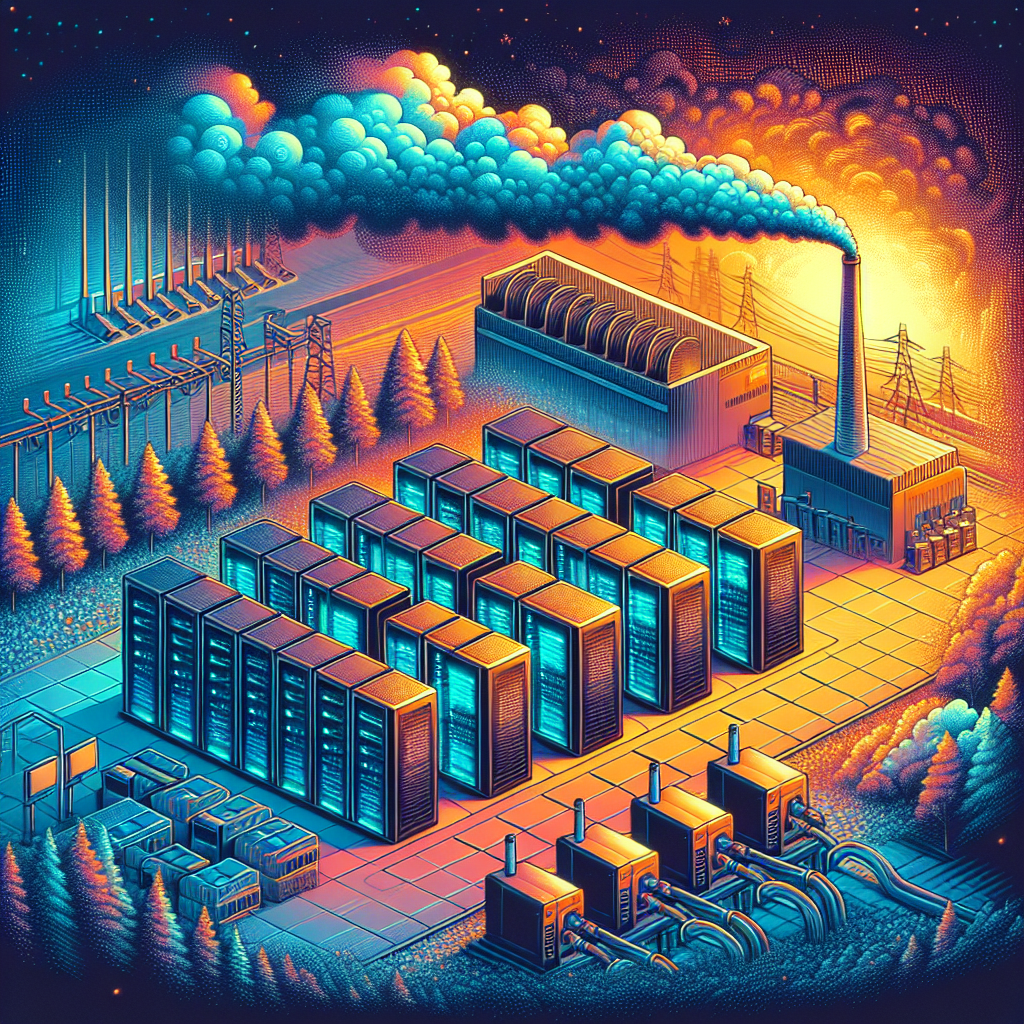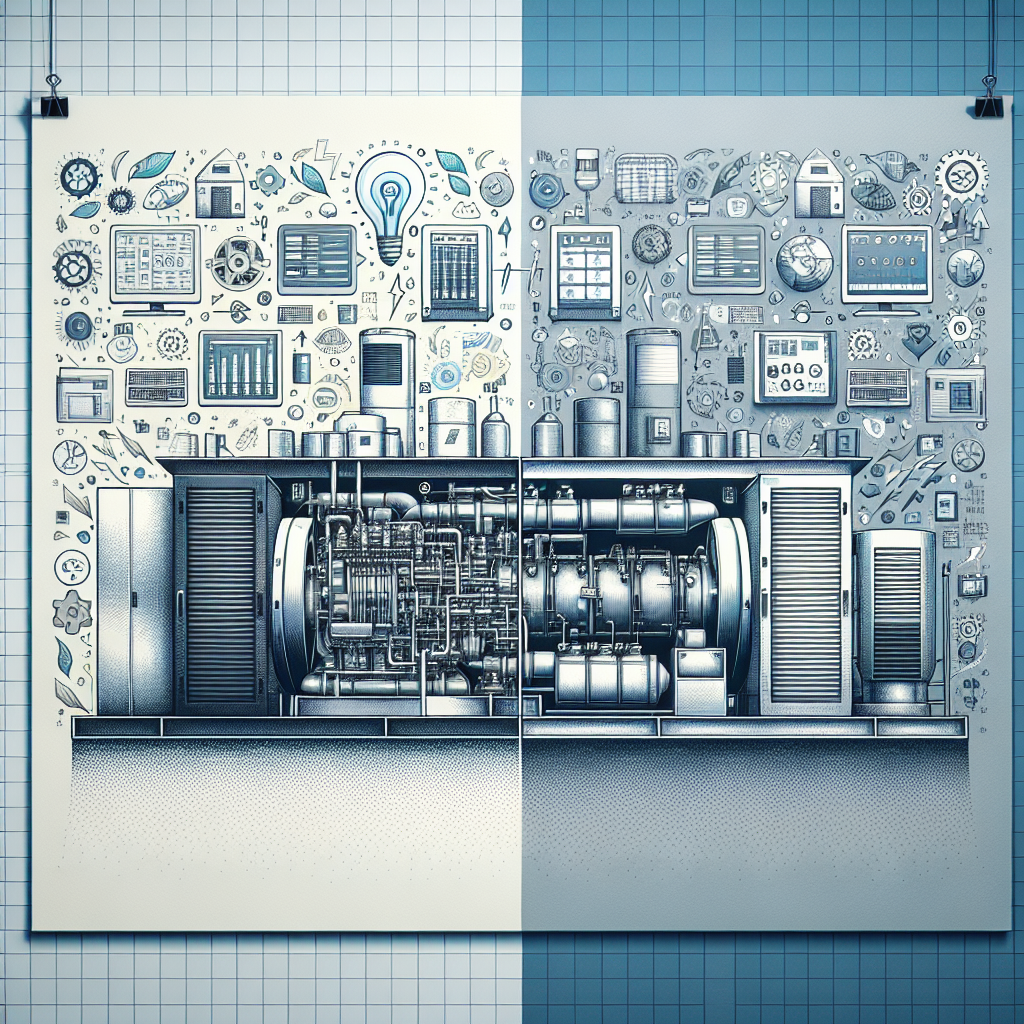Data centers play a crucial role in today’s digital world, serving as the backbone for storing, processing, and managing vast amounts of data. With the increasing demand for data processing and storage, data center operators are constantly looking for ways to optimize their operations and maximize performance. One critical component of a data center’s infrastructure is its generators, which provide backup power in case of outages or emergencies. Maximizing the performance of data center generators is essential to ensure uninterrupted operations and avoid costly downtime.
Here are some tips and strategies for data center operators to maximize the performance of their generators:
1. Regular maintenance: Regular maintenance is key to ensuring the reliability and performance of data center generators. It is essential to schedule routine inspections, testing, and maintenance checks to identify and address any issues before they escalate into major problems. This includes checking fuel levels, oil levels, coolant levels, battery status, and conducting load bank testing to ensure the generator can handle the required load.
2. Monitoring and remote management: Implementing a robust monitoring and remote management system allows data center operators to track the performance of their generators in real-time and receive alerts for any abnormalities or potential issues. This enables operators to proactively address any problems and ensure that the generators are operating at peak performance.
3. Load testing: Regular load testing is essential to ensure that the generators can handle the required load in case of an outage or emergency. By simulating real-world conditions and testing the generators under load, data center operators can identify any potential weaknesses or issues and address them before they become a problem.
4. Fuel management: Proper fuel management is critical for ensuring the reliable operation of data center generators. It is essential to regularly monitor fuel levels, quality, and storage conditions to prevent fuel contamination or degradation. Additionally, data center operators should have a backup fuel supply and a contingency plan in place in case of fuel shortages or delivery delays.
5. Training and education: Providing training and education to data center staff on generator operation, maintenance, and troubleshooting is essential for maximizing the performance of generators. Well-trained staff can quickly identify and address issues, perform routine maintenance tasks, and ensure that the generators are operating efficiently.
6. Energy efficiency: Maximizing the energy efficiency of data center generators can help reduce operating costs and environmental impact. Implementing energy-efficient practices, such as optimizing load levels, using advanced control systems, and investing in high-efficiency generators, can help data center operators minimize fuel consumption and emissions.
In conclusion, maximizing the performance of data center generators is essential for ensuring the reliability and uptime of data center operations. By implementing regular maintenance, monitoring and remote management, load testing, fuel management, training, and energy-efficient practices, data center operators can optimize the performance of their generators and minimize the risk of downtime. Investing in the proper maintenance and management of generators is crucial for the long-term success and efficiency of data center operations.
